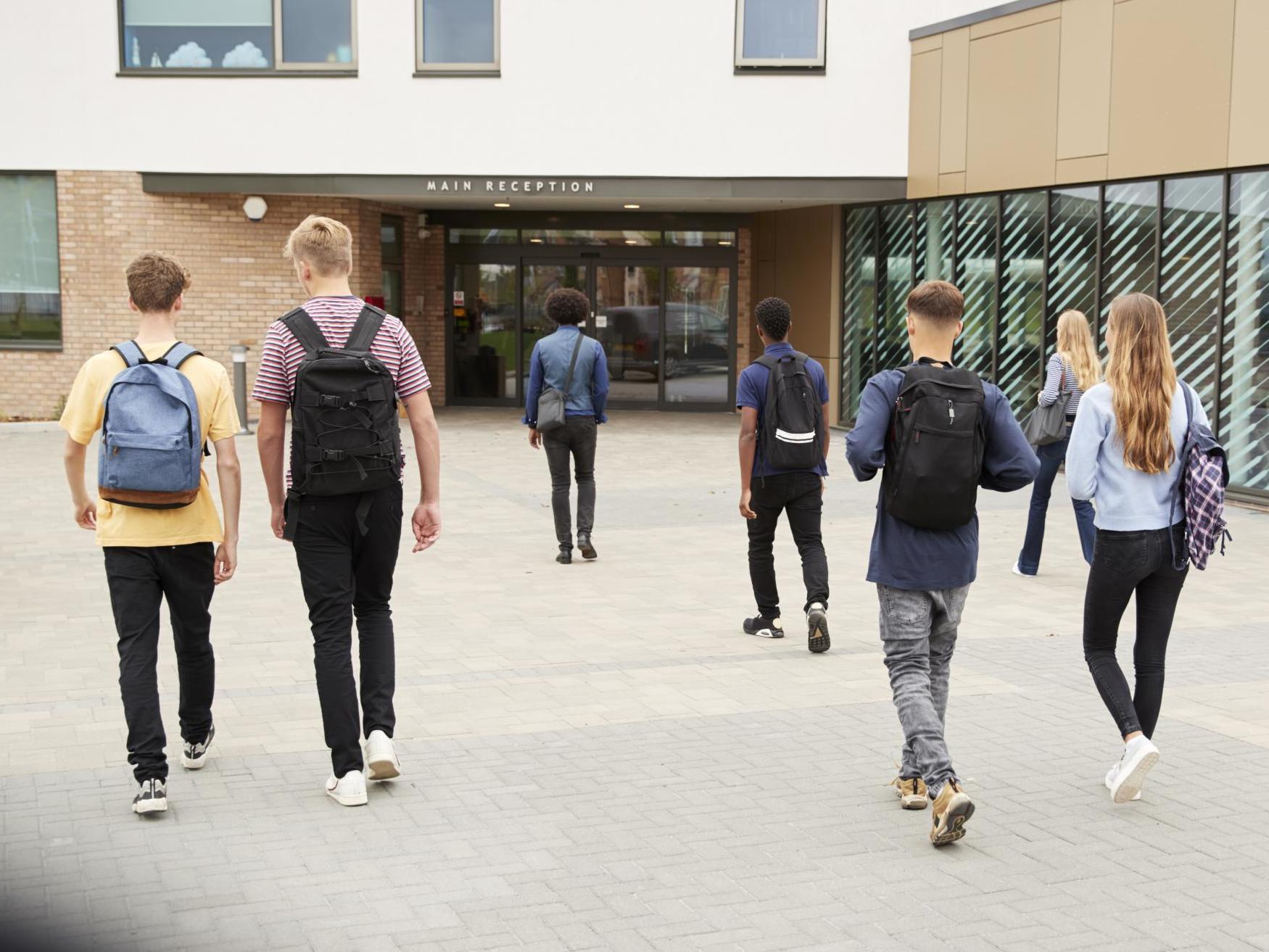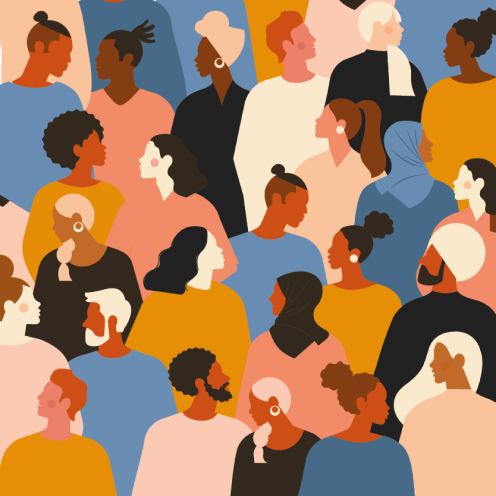Racist stereotypes stopping black and ethnic minority victims of child sexual abuse receiving help, report finds
White social worker told abused child ‘this is not sexual abuse, this is your culture’

Racist stereotypes may be stopping black and ethnic minority victims of child sexual abuse receiving help, a report has found.
Research commissioned by the Independent Inquiry into Child Sexual Abuse (IICSA) warned that misconceptions about what is “normal” in some cultures could be leading to abuse going unrecognised or professionals taking no action.
“The broader context of racism in society can make it harder for individuals in ethnic minority communities to speak up about child sexual abuse out of concern for reinforcing negative stereotypes,” said a report released on Thursday.
“In addition, this can lead to institutions and professionals failing to intervene for fear of being labelled ‘racist’.”
Research conducted with the Race Equality Foundation analysed the experiences of more than 80 people, including victims and survivors, from a range of ethnic minority communities.
One woman said that, when she reported what she had suffered to a white social worker, “she said to me, ‘This is not sexual abuse. This is your culture’. Even today, I’m so traumatised by this”.
The report said stereotypes about perpetrators and victims were having a negative impact because professionals “had a different idea of what is ‘normal’ for ethnic minority children and families compared to white children and families”.
It named damaging stereotypes including “Asian grooming gangs”, the sexualisation of black people, or intra-familial relations in some ethnic groups.
The report said some teachers had failed to identify signs of child abuse “because of stereotypes that ethnic minority children typically behave badly”, adding: “These responses had a profound lifelong negative impact on those who had experienced them.”
The research also found that some victims from ethnic minority communities found it difficult to seek help because of a “code of silence”.
“Shame and stigma can act as drivers of responses to child sexual abuse that seek to preserve honour rather than to meet the needs of the victim and survivor,” it warned.
The research said some victims had been ostracised from their communities after disclosing abuse, and that child sex abuse was “seen as having a specific negative impact on marriage prospects for girls in some south Asian communities”.
One woman told a focus group that some families put a “lot of pressure on the survivor not to speak”.
“It can be your immediate family, your extended family, but even your community,” she added. “And there’s also a sense of, white people see us as bad and now you’re showing them how bad you are.”
Participants said they felt racial stereotypes could also act as a barrier to reporting abuse to institutions seen as predominantly white, including police and social services.
Jabeer Butt, chief executive of the Race Equality Foundation said: “Whilst evidence suggests that this issue is being more openly discussed, it’s important that we continue to challenge the stereotypes and take steps to ensure that children from all communities are better protected from child sexual abuse.”
Holly Rodger, a principal researcher for IICSA, said: “Participants’ feelings of being ‘othered’ by professionals and institutions was a significant obstacle to reporting abuse, as were feelings of shame, stigma and a fear of not being believed.
“The importance of education, greater awareness and listening to the voices of survivors from ethnic minority backgrounds is clear.”
The report was released as separate statistics from the government Forced Marriage Unit showed that 1,355 cases were investigated in 2019.
Around 5 per cent of potential or actual forced marriages recorded took place in the UK, while others involved countries including Pakistan, Bangladesh, India, Afghanistan, Somalia, Iraq and Romania.
More than a quarter victims involved children, and a third of victims were aged between 18 and 25.
“Forced marriage is a hidden crime, and these figures will not reflect the full scale of the abuse,” the report said.
IICSA is examining the extent to which institutions and organisations have failed to protect children in England and Wales from sexual abuse, and is to make recommendations for change.
Survivors of child sexual abuse can share their experiences with the inquiry’s Truth Project in writing or over the phone. Visit www.truthproject.org.uk or email share@iicsa.org.uk
If you have been affected by rape or sexual abuse, you can contact Rape Crisis on 0808 802 9999 or visit rapecrisis.org.uk
